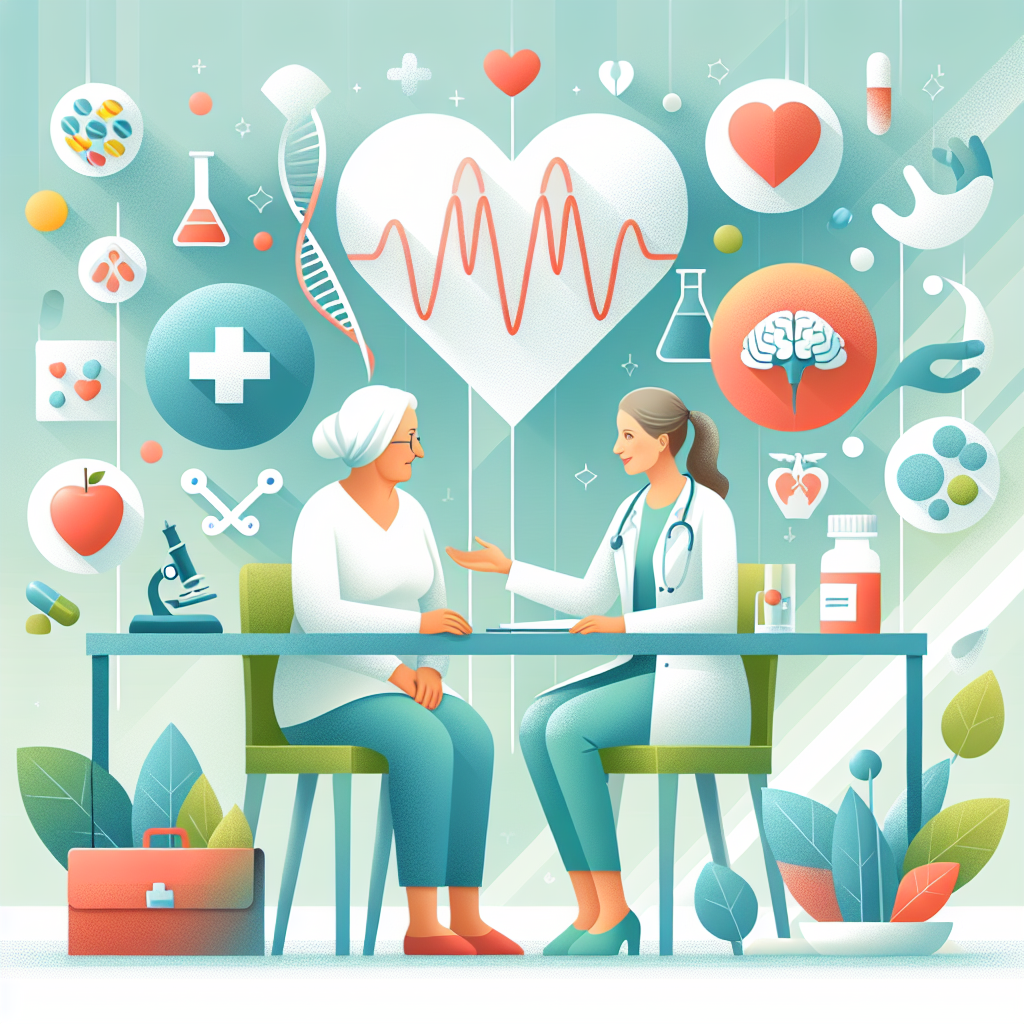-
Table of Contents
Water is the most abundant substance in the human body, making up about 60% of the total body weight. It plays a crucial role in the functioning of every single organ and system in the body. From the brain to the heart, lungs, kidneys, and skin, water is essential for maintaining health and vitality. This article will delve into the importance of hydration and how it affects every organ in your body.
The Importance of Hydration

Hydration is not just about quenching your thirst. It’s about maintaining a balance of fluids in the body. Water is involved in numerous bodily functions, including digestion, absorption, circulation, creation of saliva, transportation of nutrients, and maintenance of body temperature. When you’re well-hydrated, your body can perform these tasks efficiently. On the other hand, dehydration can lead to various health problems, ranging from minor issues like headaches and fatigue to severe conditions like heat stroke and kidney failure.
How Hydration Affects Different Organs
Let’s take a closer look at how hydration affects different organs in your body:
Brain
Water is crucial for the brain as it aids in the production of hormones and neurotransmitters. When you’re dehydrated, your brain’s performance can suffer. Studies have shown that even mild dehydration can impair many aspects of brain function, including concentration, alertness, and short-term memory.
Heart
The heart works tirelessly to pump blood throughout the body, supplying oxygen and nutrients to the tissues and removing waste products. When you’re dehydrated, your blood volume drops, causing your heart to work harder to pump blood. This can lead to an increased heart rate and reduced blood pressure, which can increase the risk of heart disease.
Lungs
Water is necessary for the proper functioning of your lungs. It keeps the lining of the lungs thin, which helps in the transportation of oxygen and carbon dioxide. When you’re dehydrated, your airways narrow to conserve water, making breathing more difficult.
Kidneys
The kidneys are responsible for filtering waste products from the blood and excreting them in urine. Adequate water intake helps your kidneys work more efficiently and reduces the risk of kidney stones and urinary tract infections.
Skin
Hydration is essential for maintaining healthy skin. It helps to moisturize the skin, maintain its elasticity, and flush out toxins. Dehydration can lead to dry, flaky skin and accelerate the aging process.
How Much Water Should You Drink?
The amount of water you need depends on various factors, including your age, sex, weight, activity level, and overall health. However, a common recommendation is to drink at least 8 glasses (about 2 liters) of water per day. This is known as the “8×8 rule” and is easy to remember.
It’s important to note that you can also get water from other beverages and foods. For example, fruits and vegetables are high in water content. However, it’s best to limit beverages that are high in sugar or caffeine, as they can lead to dehydration.
Signs of Dehydration
It’s crucial to recognize the signs of dehydration so you can take action immediately. These include:
- Thirst
- Dry mouth
- Fatigue
- Dizziness
- Less frequent urination
- Dark-colored urine
- Headache
- Confusion
If you experience severe symptoms such as rapid heartbeat, rapid breathing, sunken eyes, fainting, or confusion, seek medical attention immediately.
Conclusion
Hydration is vital for the proper functioning of every organ in your body. It aids in digestion, absorption, circulation, and maintenance of body temperature. It’s crucial for the health of your brain, heart, lungs, kidneys, and skin. Therefore, it’s important to stay well-hydrated by drinking enough water and eating foods high in water content. Recognize the signs of dehydration and take action immediately if you experience them. Remember, your health and well-being depend on it.









